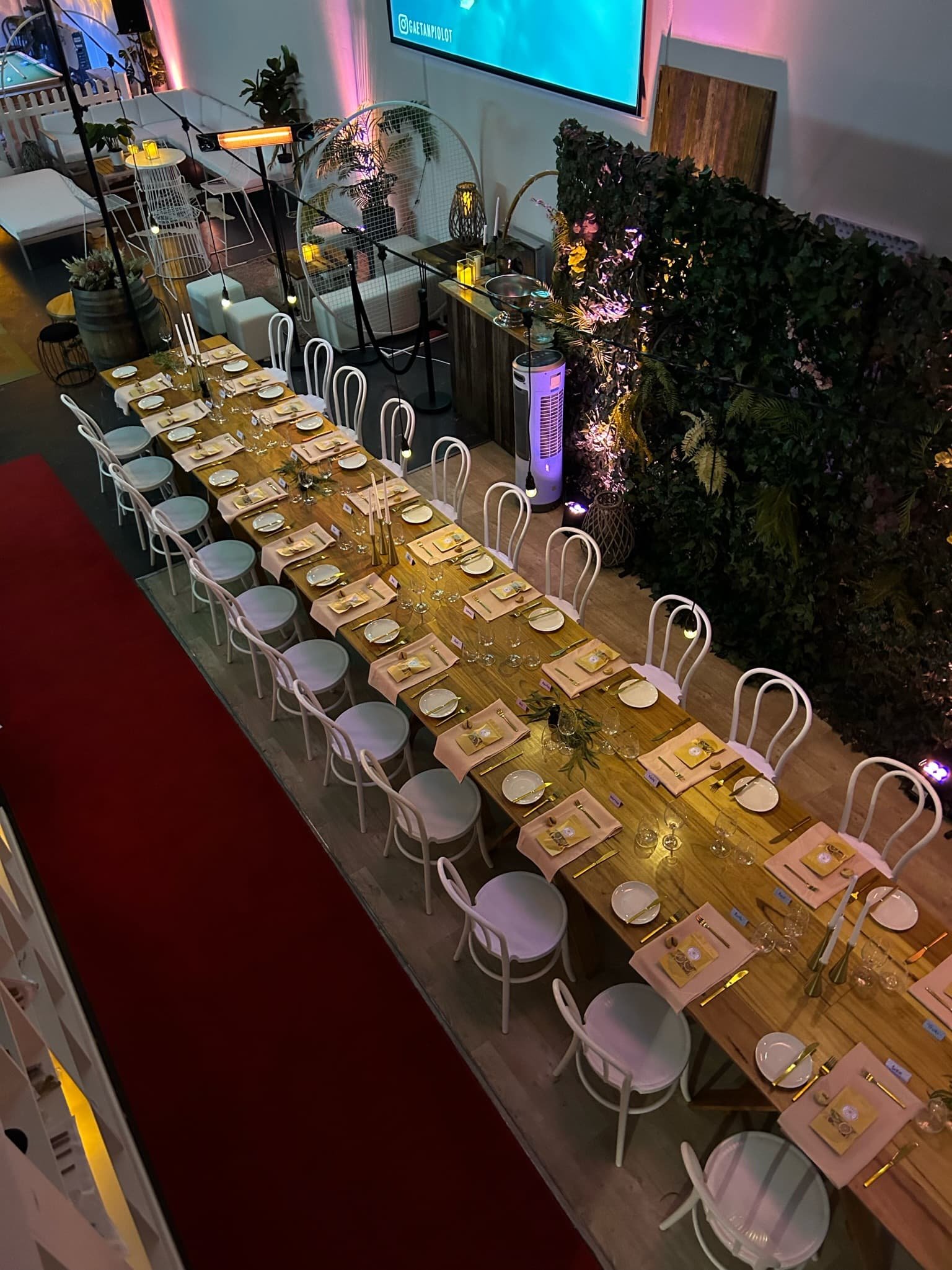The Ultimate Checklist for Renting an Event Venue
Planning an event, whether it's a wedding, corporate gathering, or private party, requires meticulous attention to detail. One of the most crucial steps in this process is selecting the perfect event venue. At Bay Events, we understand how overwhelming this can be, so we've compiled the ultimate checklist to ensure your event is a resounding success.
1. Define Your Event Requirements
Before you start your search, it's essential to clearly define what you need. Consider the type of event, number of guests, and any specific requirements. This will help narrow down your options and make the selection process more manageable. For instance, if you are planning a corporate conference, you might need a venue with multiple breakout rooms and advanced audio-visual equipment.
2. Budget Considerations
Determine your budget early on and stick to it. Be sure to account for all expenses, including venue hire, catering, decorations, and additional services like marquee hire. A well-planned budget will prevent unexpected costs and ensure you can afford everything you need. Don’t forget to include potential hidden costs such as security deposits, insurance, and overtime charges, which can quickly add up.
3. Location, Location, Location
Choose a location that is convenient for your guests. Consider proximity to public transport, parking availability, and the overall accessibility of the venue. If you're hosting a corporate event, ensure the venue is close to accommodation options for out-of-town attendees. For weddings, you might want a picturesque location that provides beautiful photo opportunities. If your event spans multiple days, consider the surrounding area's amenities, such as restaurants and entertainment options, to keep your guests engaged and comfortable.
4. Venue Capacity and Layout
Ensure the venue can comfortably accommodate your guest list. Check the layout and see if it suits your event’s needs. For instance, a wedding may require a spacious dining area, dance floor, and separate areas for the ceremony and reception. Visualise how you will set up the space, including seating arrangements and the positioning of key elements like the stage and audio lighting. Also, consider the flow of the event – how guests will move from one area to another and whether the layout supports your event's agenda.
5. Availability and Booking
Popular venues can book up quickly, especially during peak seasons. Once you have a shortlist, check availability for your desired dates. It's wise to have a couple of alternative dates in mind in case your first choice is unavailable. Some venues might offer discounts for booking on less popular days or during the off-season, so it’s worth inquiring about these options.
6. On-Site Amenities and Services
Evaluate the amenities and services offered by the venue. Does it provide in-house catering, or will you need to hire external vendors? Are there sufficient restrooms and accessible facilities for guests with disabilities? Look for venues that offer comprehensive packages, including audio lighting and marquee hire, to streamline your planning process. Additionally, check if the venue provides essential services such as cleaning staff, event coordinators, and security personnel to ensure a smooth and hassle-free event.
7. Venue Restrictions and Policies
Understand the venue's policies regarding noise restrictions, event timing, and any limitations on decorations or external vendors. Some venues have strict guidelines that could impact your plans, so it’s important to clarify these details upfront. For example, some venues may have a curfew that could affect the duration of your event, or restrictions on the type of decorations you can use.
8. Parking and Transportation
Ample parking is a must, especially for large events. Check if the venue provides on-site parking or if there are nearby parking facilities. Additionally, consider organising transportation for guests, such as shuttle services, to and from the event. For events in urban areas, providing clear information about public transport options can be very helpful. If your venue is in a remote location, offering valet parking or arranging carpooling options can improve the guest experience.
9. Plan a Site Visit
Before making a final decision, visit the venue in person. A site visit allows you to get a feel for the space, assess its condition, and ensure it meets your expectations. Take note of the venue’s ambiance, cleanliness, and overall suitability for your event. During the visit, take the opportunity to meet with the venue manager or coordinator to discuss your event's specific needs and get a sense of their responsiveness and professionalism.
10. Read Reviews and Get References
Finally, do your homework. Read reviews from previous clients and ask the venue for references. This will give you an idea of the level of service you can expect and help you make an informed decision. Positive reviews and testimonials can provide reassurance, while any recurring issues mentioned in reviews might be red flags to consider.
Choosing the right event venue is a pivotal part of your event planning journey. With this ultimate checklist, you’ll be well-prepared to find a venue that meets all your requirements and ensures a memorable experience for your guests. For expert assistance and a wide range of event services, visit Bay Events and let us help you create an unforgettable event.


